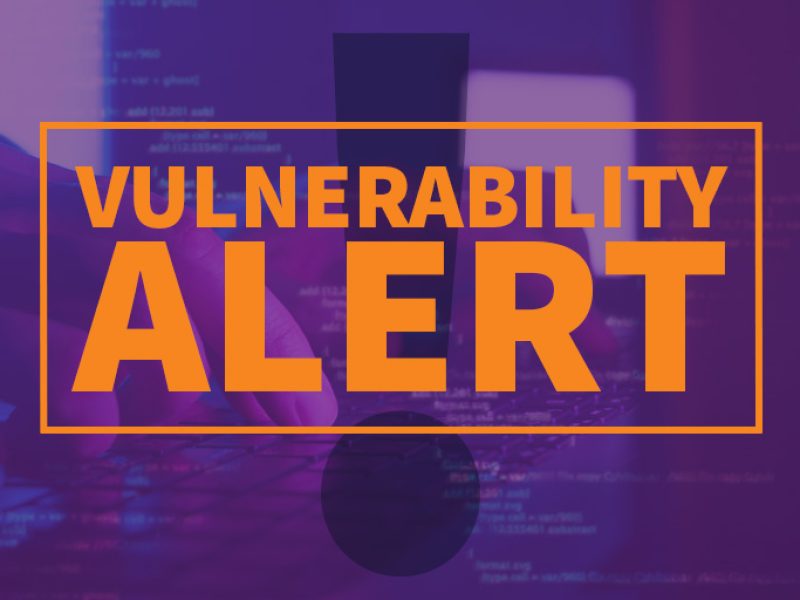The Supplemental Nutrition Assistance Program (SNAP) is, unfortunately, a meal ticket for fraudsters. Scammers are ripping off SNAP benefits in ever-evolving and alarming ways, stealing benefits from vulnerable Americans and making it harder for them to feed their families.
Pretty appalling, isn’t it?
In this Fraud of the Day Vulnerability Alert, we will focus on a trending tactic fraudsters are using to take advantage of the SNAP system, called card skimming, and how federal, state and local agencies can stay on top of the scams and protect those who need benefits the most.
Electronic Benefits Transfer (EBT) Card Skimming
EBT cards have become a target nationwide, specifically via so-called “card skimming.” In California alone, state officials have warned about the rampant increase in Electronic Benefits Transfer scams ravaging people’s bank accounts, specifically that the frequency of benefits reported stolen has increased by an astonishing 4,000%.
How does card skimming work? Skimmers are devices that fraudsters attach to point-of-sale (POS) machines/PIN pads to steal card numbers and other information from credit, debit, and EBT cards. The skimmers look like a normal part of the machine, and they are easy to place and hard to spot. (Most of us are in a hurry when paying and probably wouldn’t even notice it!) And, card skimmers can be attached to POS/PIN pad machines in less than one minute.
Card skimming has a devastating impact on SNAP customers because scammers use EBT card numbers and PINs to steal their SNAP benefits. For those who rely on those benefits to meet their food needs, losing them directly affects their well-being.
Here are some ways SNAP agencies can support EBT card users at risk for skimming:
- Alert enrollees about the risk of skimming and how it affects them. Create alerts in various forms, such as texts, webpages, and brochures in multi-lingual, easy to understand language.
- Be sure not to place the blame of skimming on recipients. Those who’ve fallen victim to skimming aren’t to blame, so any resources or correspondence about a skimming incident should be centered on wrong-doing by fraudsters.
- Certain patterns in EBT card activity can be early indicators of fraud. If such activity is noted, agencies should alert the card holder to explain that their card may have been skimmed. Suggestions such as changing a PIN number can help protect people and their benefits.
- Replace EBT cards immediately so recipients can continue accessing the resources they need. Any interruption in benefits as result of skimming directly impacts people’s livelihoods. Agencies should expedite card replacement without requiring beneficiaries to jump through hoops that will hold it up, such duplicative paperwork and fees.
A Word on Phishing/Smishing (SMS Phishing)
Agencies should also keep their heads up about increasing SNAP phishing/smishing scams. In January 2023, the State of Georgia’s Department of Human Services released an alert that it received multiple reports of scammers using fake text messages to grab EBT card numbers and PINs to steal Georgians’ SNAP benefits. Georgia DHS warned recipients that if they received a text asking them to call an 877 number to unlock their EBT card, to not reply at all and delete the message. This tactic is on the rise across the nation and SNAP agencies need to continue communicating the fraud risk to beneficiaries.
Download the LexisNexis® True Cost of Fraud™ Study for Supplemental Nutritional Assistance Program (SNAP) Agencies to learn the level and impact of fraud on this critical program, including the challenges, volume, and cost, as well as resources and solutions that agencies can utilize to detect and prevent fraud.




